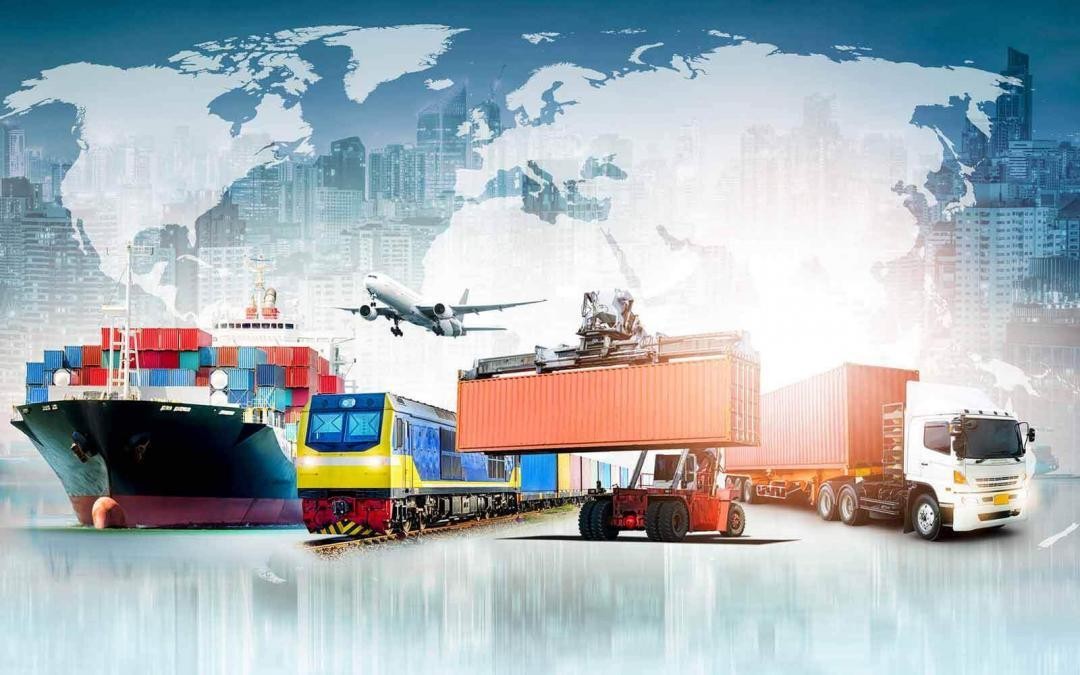Ghana’s logistics and supply chain industry is experiencing significant growth and transformation, driven by a combination of economic expansion, technological advancements, and strategic infrastructure developments. As Ghana positions itself as a key player in the West African region, several trends are shaping the future of the logistics and supply chain sector.
1. Increased Investment in Infrastructure One of the most prominent trends is the substantial investment in infrastructure. The Ghanaian government, alongside private sector partners, is heavily investing in the development of road networks, ports, and railways. Key projects like the Tema Port expansion and improvements to the country’s road networks are enhancing connectivity and reducing transit times, which is critical for the efficient movement of goods.
2. Technological Advancements The adoption of technology in logistics operations is rapidly transforming the industry. Innovations such as warehouse automation, real-time tracking systems, and digital freight matching platforms are streamlining operations and improving transparency. Businesses are increasingly leveraging data analytics to optimize supply chain processes, leading to cost reductions and improved service delivery.
3. E-commerce Growth The rise of e-commerce in Ghana is significantly impacting the logistics sector. With more consumers shopping online, there is a growing demand for last-mile delivery services. This has led to the emergence of new logistics startups and increased competition among established players to provide fast, reliable, and cost-effective delivery solutions. E-commerce platforms are also driving the need for efficient warehousing and inventory management systems.
4. Focus on Sustainability Sustainability is becoming a key focus in Ghana’s logistics industry. Companies are increasingly adopting green logistics practices, such as using fuel-efficient vehicles, optimizing delivery routes, and implementing waste reduction strategies. This shift is driven by both regulatory pressures and a growing consumer preference for environmentally responsible businesses.
5. Regional Integration Ghana’s strategic location within West Africa is fostering regional integration initiatives. The African Continental Free Trade Area (AfCFTA) is a significant driver of this trend, encouraging cross-border trade and collaboration. Logistics companies are expanding their operations beyond Ghana’s borders to tap into the broader West African market, which is creating new opportunities and challenges in cross-border logistics management.
6. Skills Development and Talent Acquisition As the logistics and supply chain industry grows, there is an increasing emphasis on developing skilled talent to meet the sector’s demands. Companies are investing in training programs and partnerships with educational institutions to build a workforce that can navigate the complexities of modern supply chain management.
7. Resilience and Adaptability The COVID-19 pandemic underscored the importance of resilience and adaptability in supply chains. Ghanaian businesses are now focusing on building more resilient supply chains by diversifying suppliers, increasing inventory buffers, and adopting agile practices that allow for quick responses to disruptions.
In conclusion, Ghana’s logistics and supply chain industry is evolving rapidly, with infrastructure development, technology adoption, and sustainability being key drivers. As the industry continues to grow, these trends will play a crucial role in shaping the future of logistics in Ghana, positioning the country as a logistics hub in the West African region.



